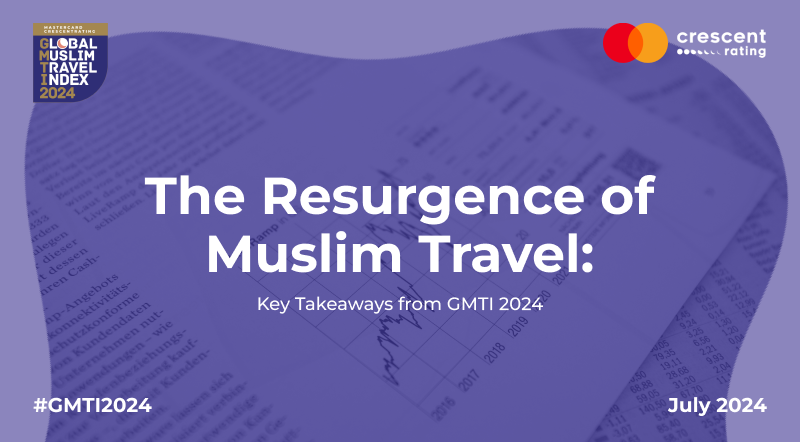
In 2023, the Muslim travel market demonstrated remarkable resilience and growth, with approximately 145 million Muslim international arrivals, a significant recovery reaching about 90% of pre-pandemic levels. This resurgence reflects the sector's robust bounce-back and sustained demand. Projections for 2024 indicate that the market is set to exceed pre-pandemic levels by 3% to 5%, with expected arrivals between 164 to 168 million. This growth trajectory is poised to continue, with forecasts suggesting Muslim international arrivals could reach 230 million by 2028, coupled with an estimated expenditure of USD 225 billion. The expansion is driven by increasing disposable incomes, population growth in Muslim-majority countries, and enhanced access to travel resources.
The 2024 GMTI underscores the growing importance of catering to Muslim women travelers by expanding its Muslim Women-Friendly rankings to include the top 20 destinations in both OIC (Organization of Islamic Cooperation) and non-OIC categories. In the OIC category, Malaysia, Indonesia, Qatar, Brunei, and Maldives lead the rankings, while Singapore, Hong Kong, Taiwan, Ireland, and Japan top the non-OIC category. This shift highlights a broader recognition of the diverse needs of Muslim women travelers and the commitment of destinations to create inclusive travel experiences.
The demographic trends within the Muslim population offer valuable insights into the future dynamics of the Muslim travel market. The Muslim population is projected to grow from 2.12 billion in 2024 to 2.47 billion by 2034, increasing from 26% to 28% of the global population. This growth is particularly significant in the middle age groups (21-30 and 31-40), which are crucial for the travel industry due to their economic activity and propensity to travel. These demographic shifts suggest a youthful and dynamic Muslim travel market with evolving preferences and behaviors.
The GMTI 2024 reveals a notable increase in the average scores across destinations, with an overall improvement of nearly 10%. This rise indicates that more destinations are enhancing their facilities and services to better cater to Muslim travelers. Despite some shifts in rankings, almost all top 20 destinations have improved their GMTI scores. Non-OIC destinations have shown robust progress, with their top 20 average scores increasing by over 6%. These improvements reflect a global shift towards more inclusive and culturally sensitive travel solutions, with new destinations entering the top ranks and existing ones continuously improving.
The GMTI 2024 highlights the leading OIC destinations, including Malaysia, Indonesia, Saudi Arabia, Turkiye, and UAE, known for their comprehensive services catering to faith-based travelers. Non-OIC destinations such as Singapore, the United Kingdom, Taiwan, and Thailand are also making significant strides in catering to Muslim travelers. Emerging destinations like the Philippines, Hong Kong, South Africa, and Spain are gaining popularity among Muslim travelers due to their increased efforts to provide Muslim-friendly amenities. These destinations have actively rolled out programs to attract Muslim travelers, showcasing a concerted effort to understand and meet the needs of this growing market segment.
The GMTI 2024 paints a promising picture for the future of Muslim travel, with significant growth, increased inclusivity, and a broader range of destinations catering to the diverse needs of Muslim travelers. As the market continues to expand, destinations worldwide are recognizing the importance of providing culturally sensitive and inclusive travel experiences, ensuring a bright future for the Muslim travel market.
Visit this link to download the GMTI 2024 full report!